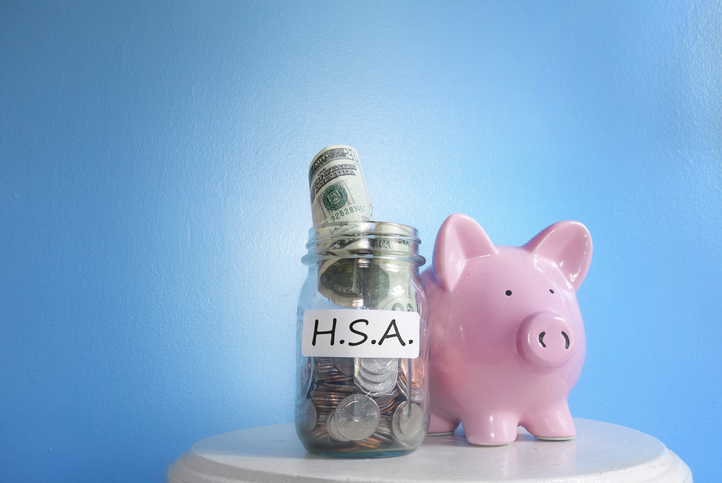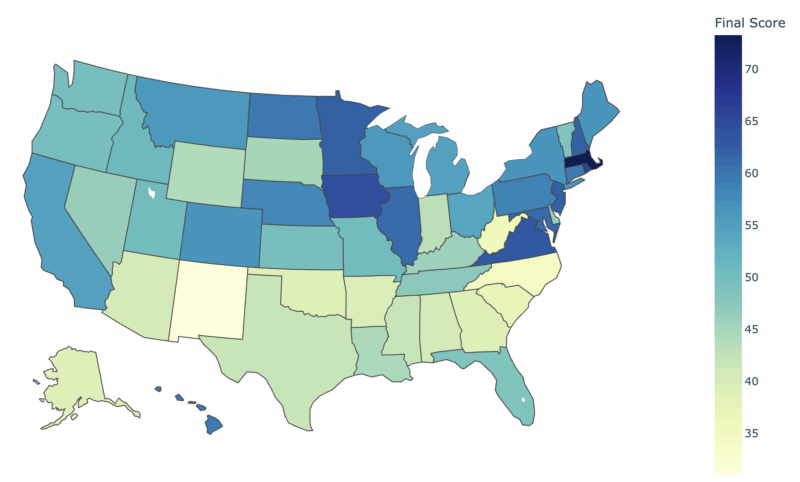Written by Michael LaPick
Healthcare Writer
We want to help you make educated healthcare decisions. While this post may have links to lead generation forms, this won’t influence our writing. We adhere to strict editorial standards to provide the most accurate and unbiased information.
Key Findings
- One in four (25%) Texas Millennials are uninsured
- Two-thirds (67%) of Texas Millennials are very or somewhat concerned about medical bankruptcy or debt
- 25% of women in Texas are uninsured, compared to 18% of males
- 30% of Texas Hispanics are uninsured, compared to 22% of Blacks and 15% of whites
One in four (25%) Texas Millennials (aged 25-40) are uninsured, and two-thirds (67%) are very or somewhat concerned that a major health situation in their household could lead to bankruptcy or debt.
HealthCareInsider.com surveyed over 1,000 Texan adults aged 18 and over to assess their health finances.
Millennials in Texas face financial headwinds, with more than 4 in 10 (43%) experiencing a surprise medical bill within the past year.
That’s well more than the 28% of Generation X (41-56) and 27% of Baby Boomers (57- 75) who’ve been socked with a surprise medical bill within the past year.
52% of Millennials reporting surprise medical bills said they totaled $2,000 or over.
That compares to only 38% of Generation X and 29% of Boomers.
For 11% of Millennials with surprise medical bills, the total was over $10,000.
23% of Millennials have opted out of emergency care in the past year (since February 2020), more than three times the 7% of Generation X and 4% of Boomer respondents.
Generation Breakdown
Older Generations Face Different Challenges
Older generations of Texans face their own healthcare finance challenges.
Over two in ten (21%) Generation X respondents and just over one in ten (11%) Baby Boomer Texans are also uninsured.
With so many lacking insurance and facing unemployment, 66% of Generation X and 57% of Boomers are very or somewhat concerned that a major health situation in their household could lead to debt or bankruptcy.
Their worries are apparently for good reason: half or more of both generations have $3,000 or less to pay for medical bills in case of an emergency.
Texas Women Uninsured at Higher Rates
Women in Texas are beset by pocketbook challenges on several fronts.
25% of Texas females, for example, are uninsured compared to just 18% of males.
With lower health insurance rates, Texas women (64%) are more likely than men (58%) to be very or somewhat concerned that a major health situation could lead to bankruptcy or debt.
They also have less saved up for medical bills in case or an emergency. 62% of females in Texas but only 53% of males report $3,000 or less in savings to pay for medical bills.
Texas women are also more dissatisfied with their health insurance options than men.
They find health insurance options more limited, less accessible and poorer in quality.
Only 34% of females find their range of health insurance options in Texas somewhat or very broad, compared to 40% of males.
Just 42% of females find it somewhat or very easy to access health insurance in Texas, against 51% of males.
23% of women find the health insurance quality in their state poor, compared to 18% of men.
Gender Breakdown
Hispanics Fare Worst Among Races
With a 30% uninsured rate, Hispanics fare substantially worse in Texas than Blacks (22%) or whites (15%).
Almost seven in ten (69%) Hispanics are very or somewhat concerned that a major health situation could lead to bankruptcy or debt.
That compares to only 55% of whites and 54% of Blacks.
45% of Texas Hispanics without health insurance forgoed healthcare because they couldn’t afford it.
Meanwhile, among those with healthcare expenses, 24% of Hispanics rank medical bills their number one healthcare expense.
That compares to just 17% of whites and 9% of Blacks.
Just 36% of Hispanics find it somewhat or very easy to access health insurance in Texas.
Whites (52%) and Blacks (57%) made out better. Over half of both groups say they find it somewhat or very easy to access health insurance in the Lone Star State.
Race Breakdown
Thank you for your feedback!







